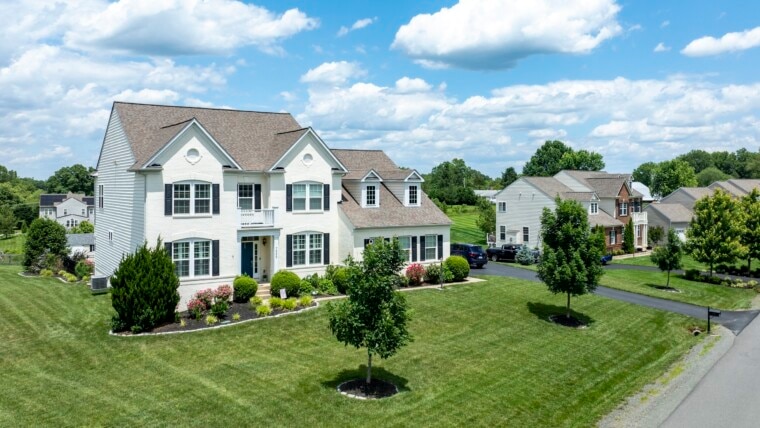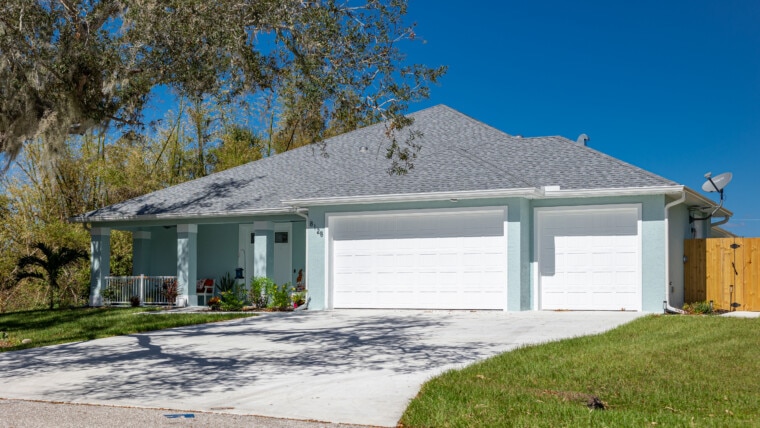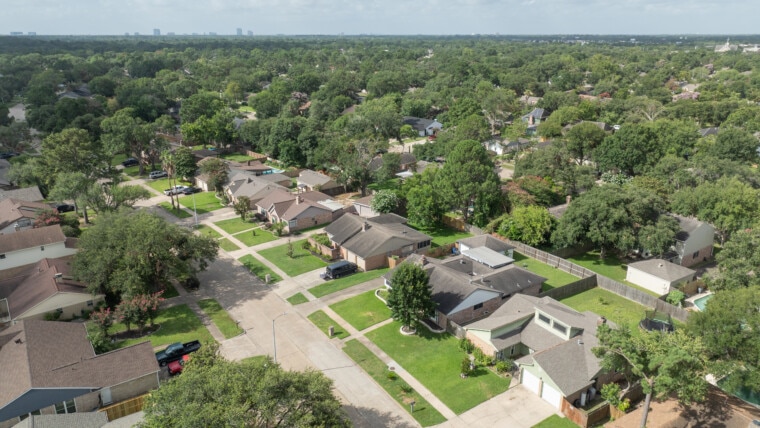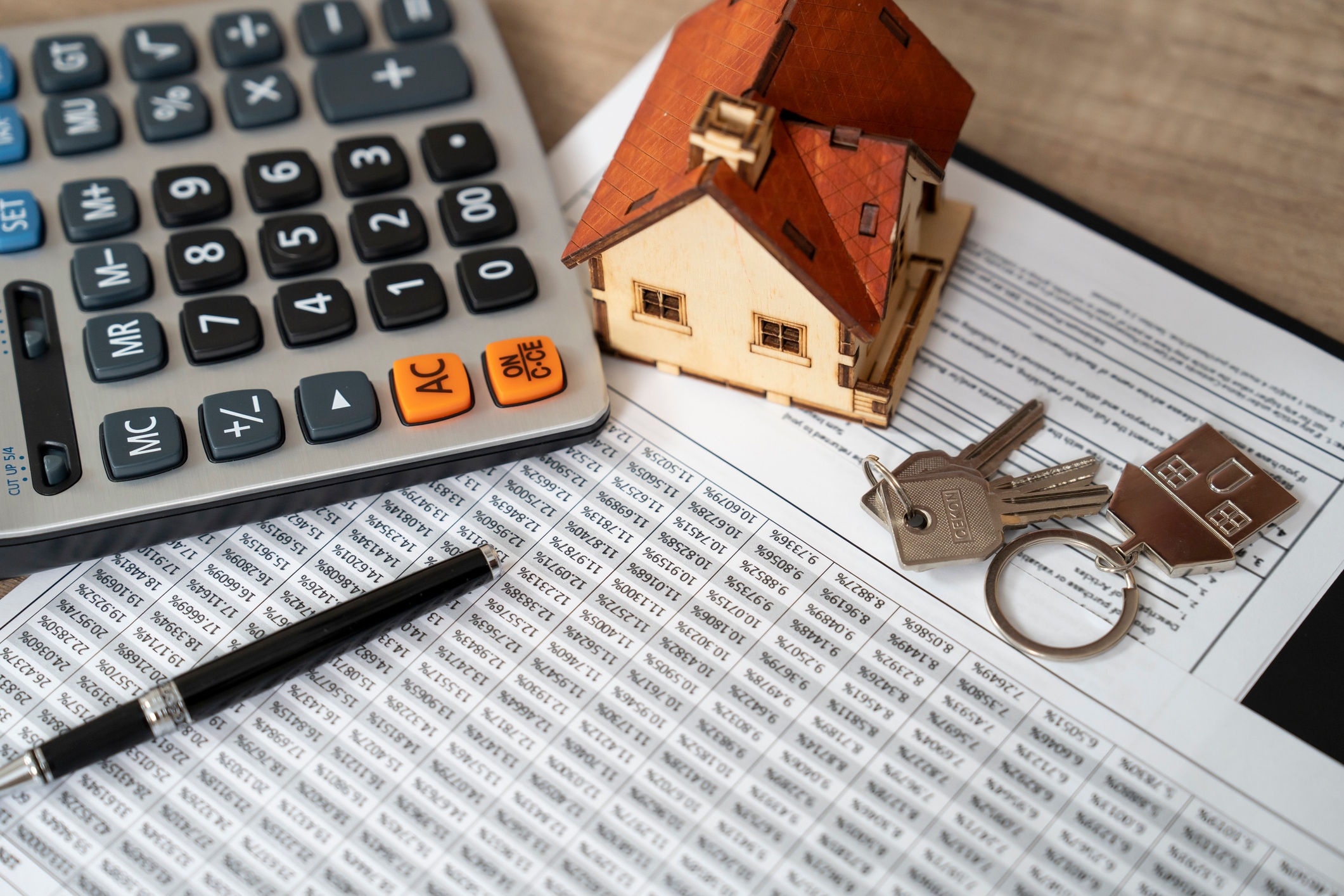It’s an exciting achievement to sell a home for more than you paid for it. The money earned from the sale can amount to a notable payday and propel your next purchase, but capital gains tax can eat into your profits.
If you’re wondering how to avoid capital gains tax in real estate, this article will share legal strategies homeowners and investors can use and how it may impact you.
What Is Capital Gains Tax?
“A capital gain tax is a special tax on a capital asset, which are long lived assets like stocks, bonds, treasuries, arts and real estate,” says Robert Russo, managing partner at the New York City CPA firm, Russo CPA, P.C.
The tax is only charged on the net profit, which is the capital gain from the sale of rental property, your primary home or commercial investments.
How Capital Gains Tax Is Calculated
Capital gains are calculated by subtracting the original purchase price after closing costs plus qualified improvements made during ownership, called the cost basis, from the sale price after closing costs and fees.
For example, if your purchase price after closing costs was $250,000 and you made $50,000 in improvements while you owned it, your cost basis would be $300,000. If you sell it for $375,000 after closing costs and fees, the taxable profit would be $75,000.
The tax rate you are charged on the gain of the sale is impacted by the following factors:
- How long you owned the property
- If the property was used as a rental or primary residence
- Your taxable income
- Your filing status
Short-Term vs. Long-Term Capital Gains Tax
“If it’s eligible for a capital gain, there are two types of capital gains”, says Russo. Short term capital gains tax rate is applied to property owned for one year or less. “The tax rate is the same as your ordinary tax rate which can be anywhere from 10% to 37%,” Russo explains.
If it’s held longer than a year, “you are charged a long-term capital gains rate, which is only 15% or potentially 20% if your income is above a certain threshold, usually around $500,000,” he adds.
Homeowners can often avoid paying capital gains tax altogether thanks to the capital gains tax exclusion outlined in Section 121, which can be called the primary residence exemption. However, the IRS has created other opportunities to reduce the tax burden if you don’t meet that exclusion.
Capital Gains Tax on Primary Residences
The primary residence exemption allows homeowners who have lived in the property for at least two of the last five years to exclude up to $250,000 in gains if single or filing separately, or up to $500,000 if married and filing jointly.
Any gains above those exclusions are subject to capital gains tax based on your current income tax rates.
You can use this exclusion once every two years. It applies within the last five years, provided that you have lived in the home for two consecutive years or a combined period that equals two years. If you’re in the Uniformed Services, the Foreign Service or intelligence services, the IRS extends this timeline to two out of 10 years.
Capital Gains on Rental Properties
Vacation homes, rental properties and other real estate investments don’t have the same gains exclusion opportunities as a primary residence. They follow the same short-term or long-term capital gains tax rate guidelines outlined above, but also have depreciation to consider.
Depreciation is a legal write-off that helps reduce the tax burden while owning an investment property. It allows you to write off a percentage of the property value over a specified period to account for general wear and tear. The amount you can depreciate depends on the property type and is spread over 27.5 to 30 years.
When you sell a property, the entire depreciated amount is recaptured. There are special rules for taxing depreciation, depending on the type of property. In general, depreciation recapture is subject to a flat 25% tax.
Then, you are charged the capital gains tax rate on the remaining profit at a 0%, 15% or 20% rate, depending on your income.
Strategies to Avoid Capital Gains Tax
Qualified small business stock and tax-loss harvesting are strategies to avoid capital gain taxes with stocks and other investment assets, but they aren’t applicable to real estate. “A 1031 exchange is really the only way to defer gains on real estate investments,” says Russo.
1031 Exchange
Also referred to as a like-kind exchange, a 1031 exchange completely defers gains by rolling them into the purchase of a similar property in both quality and value.
“It can be a way of saving money because you defer your gains, but it’s a way to increase the size and quality of your portfolio by rolling over those gains into a similar or better property,” says Russo.
There are strict rules to follow to use this capital gains tax strategy, including using a qualified intermediary to handle the transaction for you along with identifying and closing on the property in a specific timeline. Due to the expense and complicated nature of a 1031 exchange, it is mostly used on high-dollar investment properties when capital gain taxes would be extremely high.
Charitable Contribution
Another option you have to avoid paying capital gains tax on real estate is making a charitable contribution.
With a charitable contribution, you don’t receive any money from the transaction. Instead, you reduce your tax burden by writing off the fair market value based on a certified appraisal, making it an attractive option for high net-worth individuals to reduce their taxable income.
The Best Ways to Minimize Capital Gains
The best way to minimize capital gains tax is to plan and time the sale strategically. Given the complex nature of capital gains taxes and tax law, it’s always a good idea to speak with a knowledgeable tax advisor before your real estate agent lists your home for sale.
A tax professional can help you understand your potential tax burden and recommend when (or how) you sell to reduce your capital gains tax.
They may advise strategies like a 1031 exchange or installment sale, where you sell the property by giving a loan to the buyer. This way, you are paid back over a longer period and reduce the profit that you receive in a given year.
If you own a vacation or rental property, you may also consider making it your primary residence for at least two years to qualify for the exclusion. While this won’t work for every investment property or individual, it can help you save big on your tax bill.
Try not to sell a property if you’ve owned it less than a year so it won’t be taxed as ordinary income. If you can, live in it for at least two years to take advantage of the exemption amount. This is the easiest way to reduce or eliminate your capital gain tax burden.
“If you own property for business, a rental or as your home, it’s extremely important you keep any renovation records,” says Russo.
Renovations can reduce your cost basis and help you pay less capital gain taxes. However, you need to prove the improvements were made to be able to claim the deduction and avoid any financial repercussions if you’re audited.
The Bottom Line on Capital Gains
These insights should help you understand the role of capital gains tax in real estate. With these tips, you may be able to legally reduce your tax burden using things like personal residence exclusion, 1031 exchange, or proper record keeping to lower your cost basis.
Speak with a tax specialist who is familiar with capital gains strategies to make an informed and smart financial decision before selling.
Capital Gains Tax FAQs
Determine your cost basis, which is the price you paid to purchase the home minus closing costs and any documented renovations you’ve made to the property during ownership. Subtract the cost basis from your net sale price after closing costs to get your capital gains.
You will need to pay capital gains tax on the sale of your primary residence if your profit after closing costs and documented renovations exceeds $250,000 as a single filer (or married but filing separately) or $500,000 as a married couple filing jointly. This applies if you have lived in the home for at least two of the last five years.
If you have lived in the primary residence for less than two years, you will have to pay capital gains tax on the sale of your primary residence regardless of the profit amount.
Your primary residence is the address where you live, vote and file taxes. It’s the location where you live for the majority of the year and is typically the address found on your driver’s license.
A 1031 exchange is a tax strategy to help you avoid paying capital gains tax on the sale of an investment property. It allows you to exchange one property for another by rolling the capital gains into the purchase of a new, similar property through the oversight of a qualified intermediary.
Liz Brumer-Smith is a freelance writer at Homes.com, drawing on over 12 years of experience in commercial and residential real estate investing, home renovation and finance. Liz's work has also appeared in U.S. News & World Report, The Motley Fool, MSN, USA Today, Yahoo Finance and Market Wire News. She holds a Bachelor's degree from the University of Central Florida and spent six years teaching in Orlando before transitioning to writing and investing full-time in 2018.














